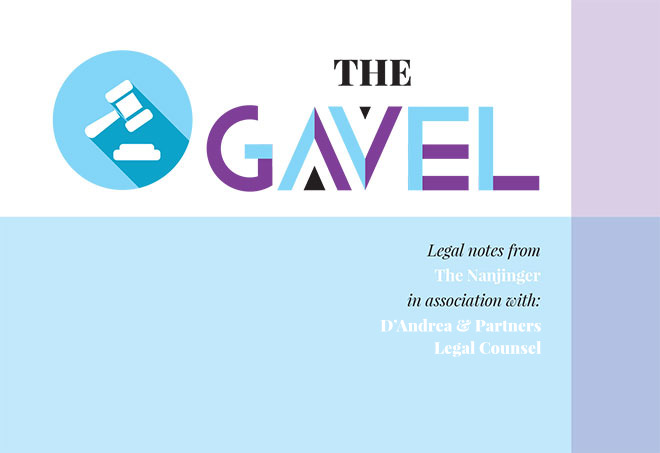It might be hard to believe, but the Golden Week of May has been away from the PRC calendar for over a decade. The term was originally coined in Japan upon combining three to four national holidays with well placed weekends, making it one of the busiest periods in the country. However, it is when China implemented the Measures Governing Holidays on National Festivals and Anniversaries in the year 1999 that the Golden Week was lived to the fullest of its potential, with the whole country on the move, heavily stimulating the tourism industry as well as the domestic demands of the economy.
Then, according to State Council’s Decision on Modifying the Measures Governing Holidays on National Festivals and Anniversaries, the Golden Week was officially cancelled, reduced to 3 days inclusive of 1 day of statutory holiday and two shifted weekend days. In turn, the reduced days have been compensated by several newly added Chinese traditional holidays such as Qingming Festival and Mid-Autumn Festival.
- The Mystery of the Drunk-Driving Litchi
- New Law to Prevent Compulsory Technology Transfer
- Soil Pollution in China; New Law, New Hope
The 3-day Labour Day holidays were carried out in this manner until 2018,. This year, however, the International Labour Day occurred in the middle of a working week, i.e., Wednesday. Due to the difficulty of shifting weekend days and efforts to minimize the impact to everyday production, according to the holiday arrangement notice for 2019 by the State Council, the International Labour Day Holiday was stripped to only 1 day. Needless to say, this caused quite a commotion with general public, so much so that the State Council had to issue an additional notice in order to change the plan to extend the holidays to 4 days.
The Big Short: Paid Annual Leave
Though the incident has gone quiet, the inevitable question still lingers; why not bring back the Golden Week?
The Golden Week was cancelled in 2007 mainly due to the introduction of the paid annual leave system to make up for the days lost. Under this regulation, employees could be entitled to fully paid annual leave ranging from 5 days to 15 days depending on the actual working years. For the annual leave not enjoyed by employees due to their workload or employer needs, an employee shall be compensated with 300 percent of their daily salary.
- China’s All Singing, All Dancing Regulations
- How to Avoid a ¥8 Billion Fine for Tax Evasion
- Cookies and Personal Data Protection
Easier said than done, despite the enforceable regulations, in the annual survey carried out by the Ministry of Human Resources and Social Security across 60-odd cities, only half of those surveyed enjoyed a certain amount of paid annual leave and many fail to enjoy the full amount of annual leave. Legislation aside, due to the vast size of China and distinctive economic ecosystems, it is difficult to enforce a uniform annual leave system in the first place.
Stimulate Domestic Demands
From a macro-economy perspective, and due to the volatile international trading situation, domestic demand is vital to the next period of China’s economic development. Unfortunately, the leave system of China plays a counter-productive role herein.
Considering China’s geographical reality, a substantial portion of 3-day domestic trips are potentially spent squeezing through various forms of transportation, prompting many to stay put and wait for the actual holidays, consequentially further clogging the road/rail/air network and compromising the tourist experience.
All being said, the addition of another golden week in May would be an effective means of both stimulating the economic demands of the country and improving the quality of the holidays.
DISCLAIMER
This article is intended solely for informational purposes and does not constitute legal advice. Although the information in this article was obtained from reliable official sources, no guarantee is made with regard to its accuracy and completeness. For more information please visit dandreapartners.com or WeChat: dandreapartners











